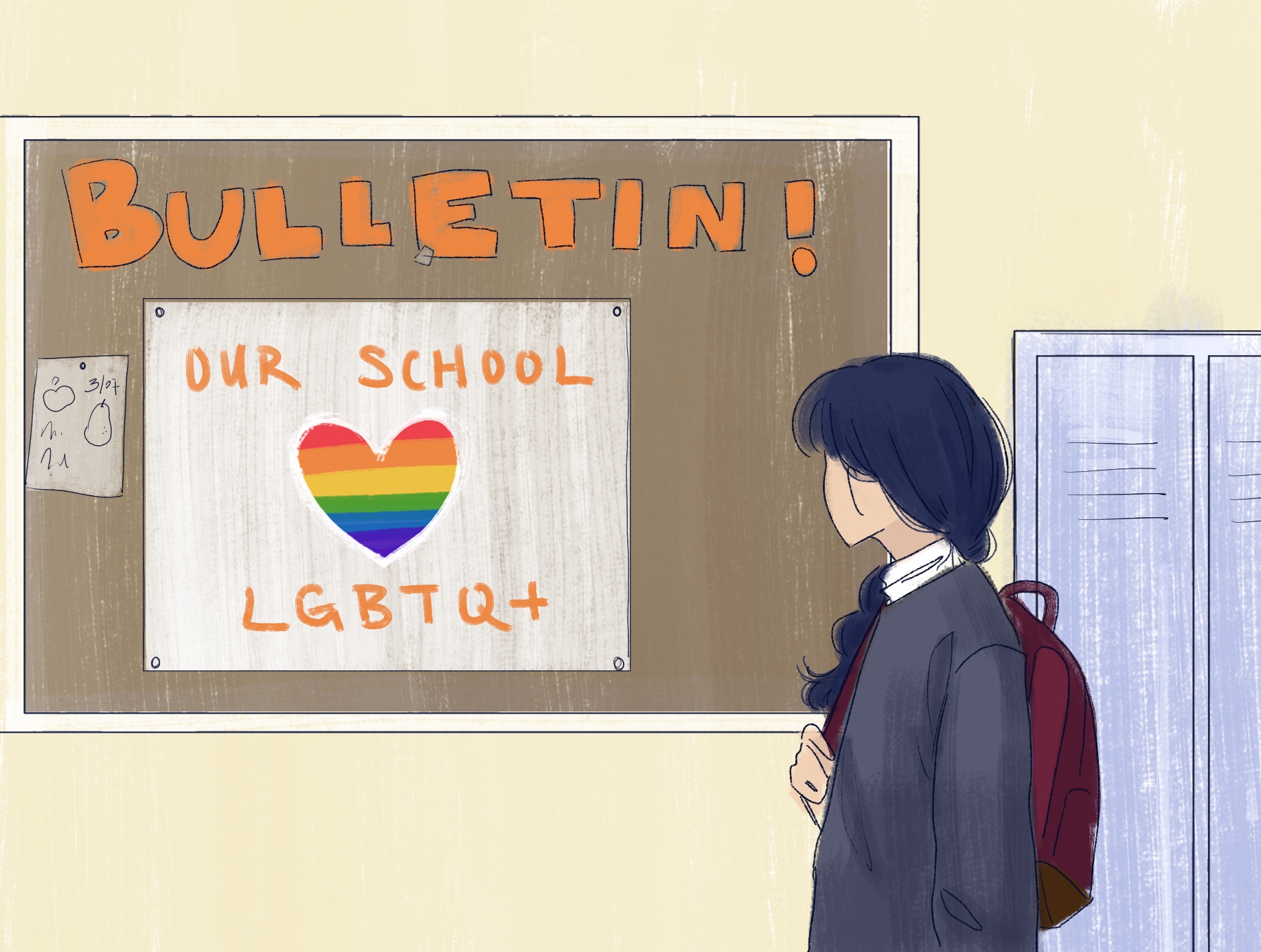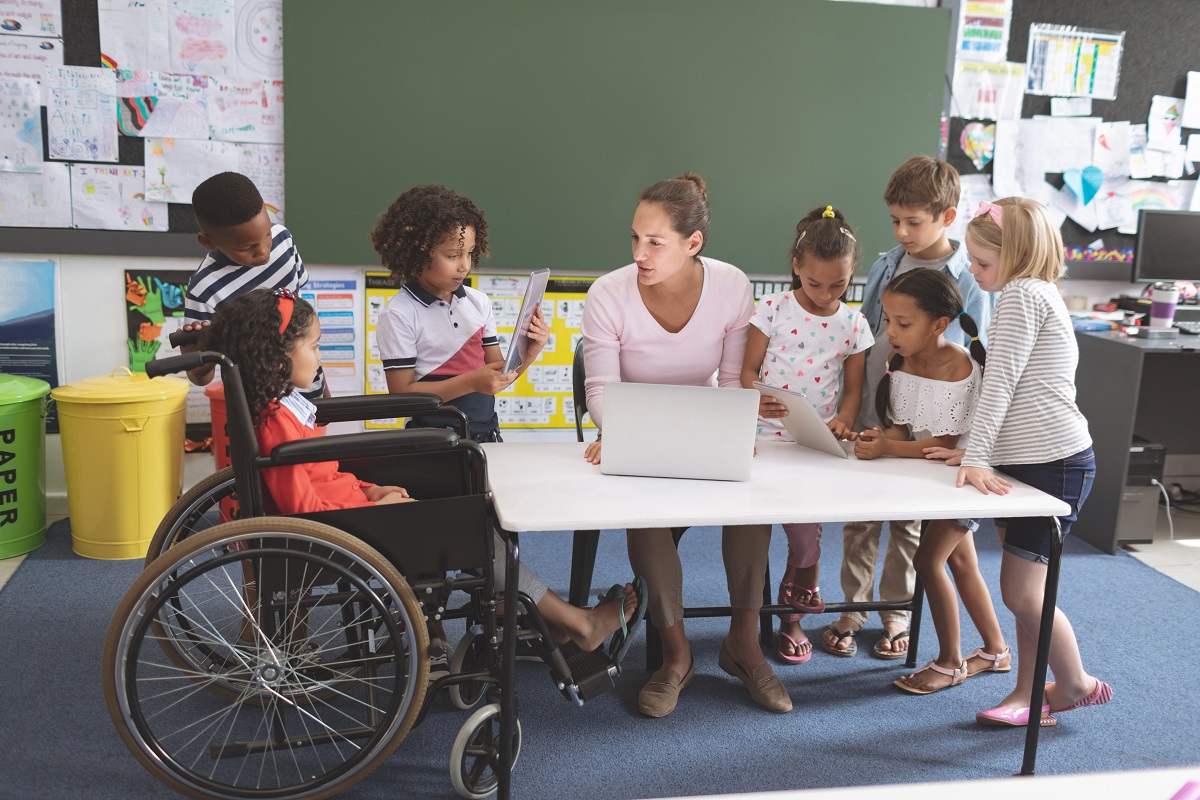3 Things That Stand Out To Me
Kohn, What to look for in a classroom: I really liked this chart by Alfie Kohn, it was very easy on the eyes. It gave you a bunch of different things you would find in a classroom and gave examples of good signs or reasons to worry. Specifically in my service learning classroom they have a bunch of tables and comfortable seating areas where they can sit and gather with other students. For tasks, good signs would be different activities and working with pairs or in groups, however, in the classroom a lot of the time the students are just working independently on the computer. Therefore, they are able to sit next to other classmates but they usually can't talk or work with one another while doing certain assignments that require them to work alone.
Service Learning: I felt that being able to do the service learning and having the opportunity to go into schools is great for seeing what we would be doing in our future and get experience by being in the classrooms working with the students. Even though I was hoping to have a better experience in the service learning class I was still able to observe the classroom and make some connections with the students. It was also good to see the type of teaching style the teacher had to see what things worked that I could in my classroom one day and what things I disagreed with. Overall, it was a good learning experience and very beneficial being in that environment.
Lisa Delpit, The Silenced Dialogue: Sometimes teachers don't even realize how much power and influence they have over their students. Especially when working with younger kids they haven't formed many opinions and experience many things yet so they rely on their teachers and take in everything that is being said to them. Lisa Delpit explains that teachers should and need to teach the rules and codes of power to the students in their classroom, especially for those who might not have learned them at home. In my service learning class I haven't seen any sign of this, I am only there for a certain period of time but it seems there isn't much classroom discussions, it mostly consists of the students doing independent work.



